
Opinion columnist
In April of this year, Mega Millions rolled out the largest change to the American lottery landscape in many years, changing the price of its ticket from $2 to $5 and slightly improving the odds of winning. Time will tell if this change represents an inflection point in lottery history or simply one in a series of modest changes to how Americans bet a few dollars on the dream of a jackpot.
Regardless of the specific importance of the change to Mega Millions, the shake-up to one of the nation's largest lottery games offers an opportunity to reflect on the future of the American lottery system. What other changes might be coming down the road to the games that so many people love? And what might economic, cultural, and technological trends signify for the American lottery obsession?
The rise of the lottery in America
Before looking to the future, it is worth considering the past, specifically the lottery's place in American gambling history. The lottery was at the forefront of the rise of legalized gambling in the twentieth-century United States. After a wave of suppression in the nineteenth century, the tide began to turn slowly, generally starting with charitable bingo, followed by the lottery, which paved the way for other sorts of gambling: tribal casinos, non-tribal casinos, daily fantasy sports, and, most recently, sports betting.
While lotteries were once at the cutting edge of American gambling, they can hardly claim this status anymore. And though lotteries may not get the same amount of attention, they remain—relatively speaking—an important moneymaker. In 2024, Americans in 38 states bet nearly $150 billion on sports, losing $13.6 billion and raising $2.8 billion in tax revenue. That year, lottery players across 45 states spent $113.3 billion on lottery tickets, raising $33 billion in tax revenue.
Worrying trends facing the lottery
Despite their comparative profitability, all is not well in the lottery land. In the 24 years between 1996 and 2019, gross national lottery sales declined year-over-year just twice, thanks in part to new states hopping aboard the lottery bandwagon. Over just the last four years, they have already declined twice (not including the dip in sales in 2020 due to the COVID-19 pandemic).
No single explanation accounts for the sales slowdown, but some worrying clouds are lurking on the horizon.
The first is demographic. Young people simply do not play the lottery at the same rate as their elders. In the past, new lottery games—such as scratch-offs—were introduced with the express purpose of getting more young people in on the action. But as these games have themselves grown old and new generations have reached the legal gambling age, young people haven't picked up the habit. A 2022 survey found just 30 percent of 18 to 29-year-olds had bought a scratch-off ticket in the previous year (compared to 45 percent of 50 to 64-year-olds, the group most likely to have bought a ticket).
And who can blame them, particularly given the second major challenge: competition. Americans have many more ways to bet than they used to. Most states now offer legal sports betting, many online. The internet offers tons of other ways to take risks, from cryptocurrency to stock trading. Lotteries, then, are in many ways a victim of their own success. The ubiquity of lottery tickets removed cultural hesitation about gambling. But once America went all in on gambling, the new games are threatening the lottery games that made it all possible.
Lotteries also face a notable disadvantage compared to these other forms of gambling. Lotteries are entirely games of chance. While this provides the opportunity to dream, players may also find pure randomness less engaging or less interesting than a game with some element of skill or knowledge. Winning the lottery lets someone feel lucky. Winning a huge sports bet lets them feel smart.
As lottery players age out, the games that will most likely be affected first are scratch tickets. These tickets have accounted for roughly 60 percent of total annual lottery sales in the U.S. These games, which once offered the fastest way to bet, are the most vulnerable to competition from other, even faster forms of gambling.
In recent years, states have already resorted to news sales tactics to maintain their market share, most prominently through the continuing rise of online lottery sales as well as courier services. However, the former will not solve the fundamental problem of competition, and the latter is coming under new legal scrutiny. The writing may be on the wall for scratch tickets, the nation's most beloved lottery product.
Why the lottery will endure
If any lottery game will be able to stand the test of time, it is rollover jackpot games like Powerball and Mega Millions. After all, in all the other types of gambling, the amount players can win is, at least in some respect, proportional to how much they bet. Yes, young sports bettors love parlays—long odds, large prize wagers. But the lottery offers what no other type of gambling can: the chance to put down just $2—or, as of last month, $5—to win over a billion dollars. Over the past few years, lotto has typically accounted for roughly 15 percent of total annual nationwide lottery sales—a percentage that fluctuates based on the number of massive jackpots. However, this percentage will likely begin to tick upward as other games begin to lose customers and as the new Mega Millions structure creates a bigger number of larger prizes.
However, more frequent large Mega Millions jackpots come with some risks. Because of the more expensive tickets, jackpots are more likely to hit the $1 billion threshold. Each time the prize hits ten figures, casual players get in on the game, and media outlets cover the prize, which entices more casual players, juices the prize even more, attracts more attention, and so on. What will happen, though, when $1 billion jackpots become routine? Over the course of American history, as players have gotten used to jackpots of a certain size, they have begun to expect larger prizes in the future. Will casual players come to expect $2 billion? Or $5 billion? Short-term gains may backfire over the long term if casual players begin to lose interest in all but the most absurdly large windfalls.
The change to Mega Millions was likely motivated by an attempt to differentiate the game from Powerball. However, the change in the odds of producing larger jackpots reflects something deeper about the overall direction of the American lottery industry and a coming change in the distribution of product popularity.
The first lottery games in North America were played over three hundred years ago. Through waves of American gambling, lotteries have stood the test of time. They may now be at an inflection point, a moment to consider what new games, if any, can keep players interested in the dream of instant riches.
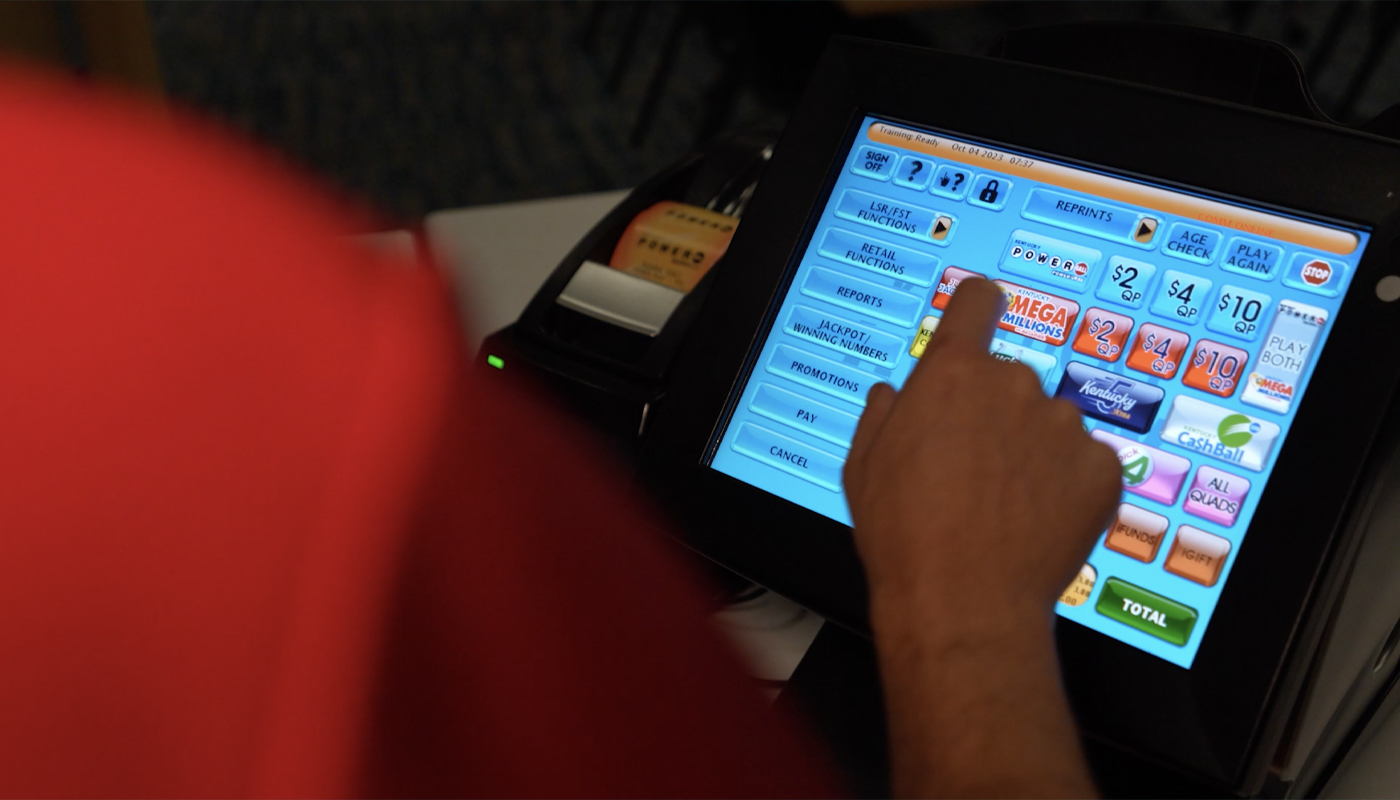
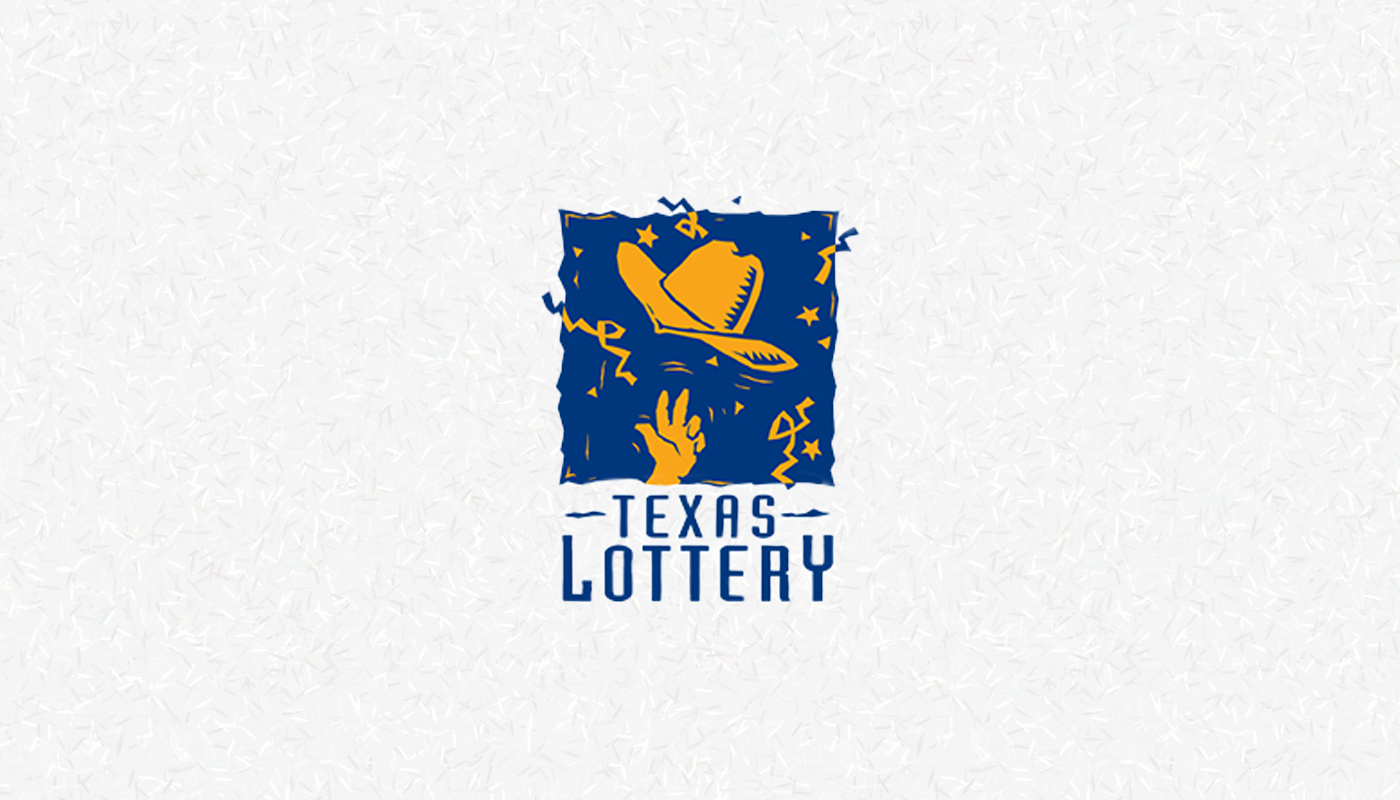

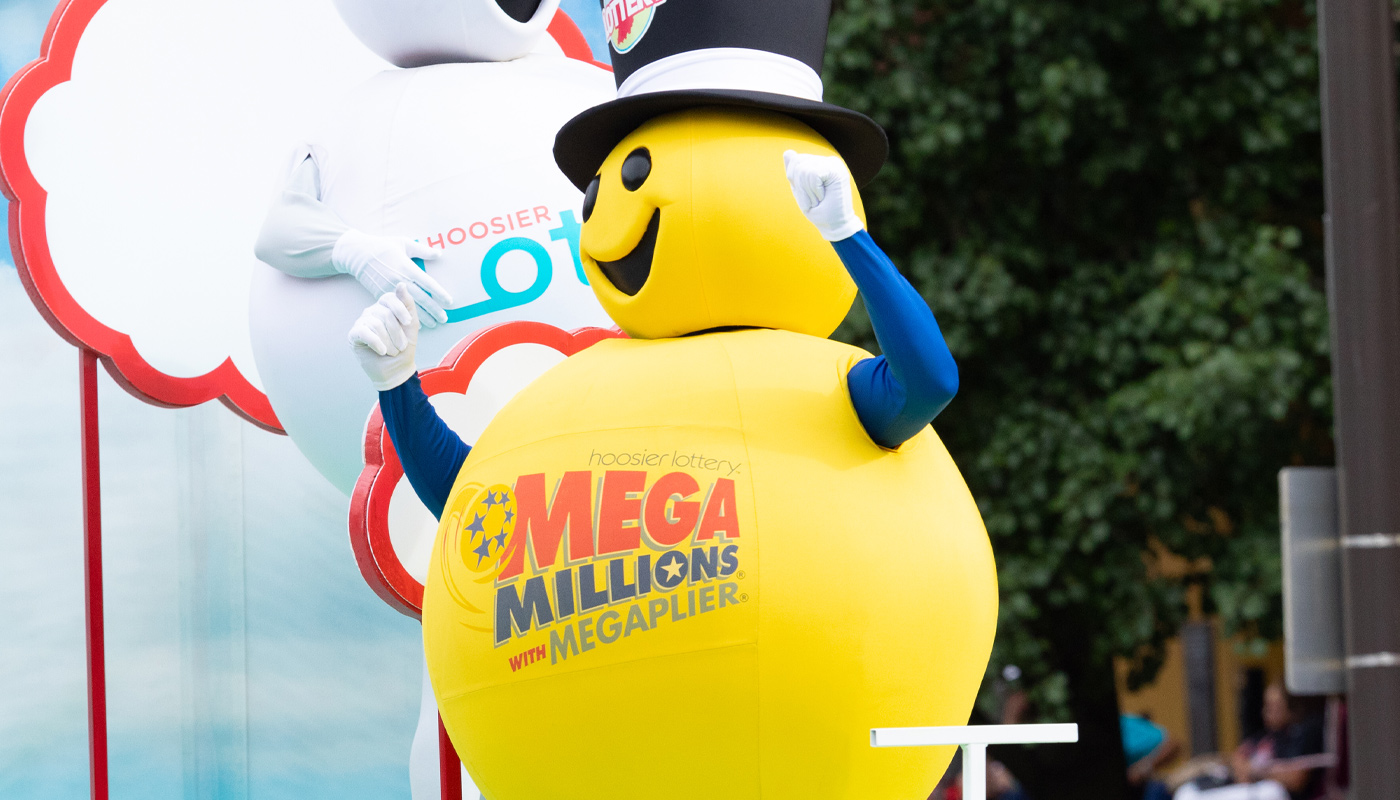




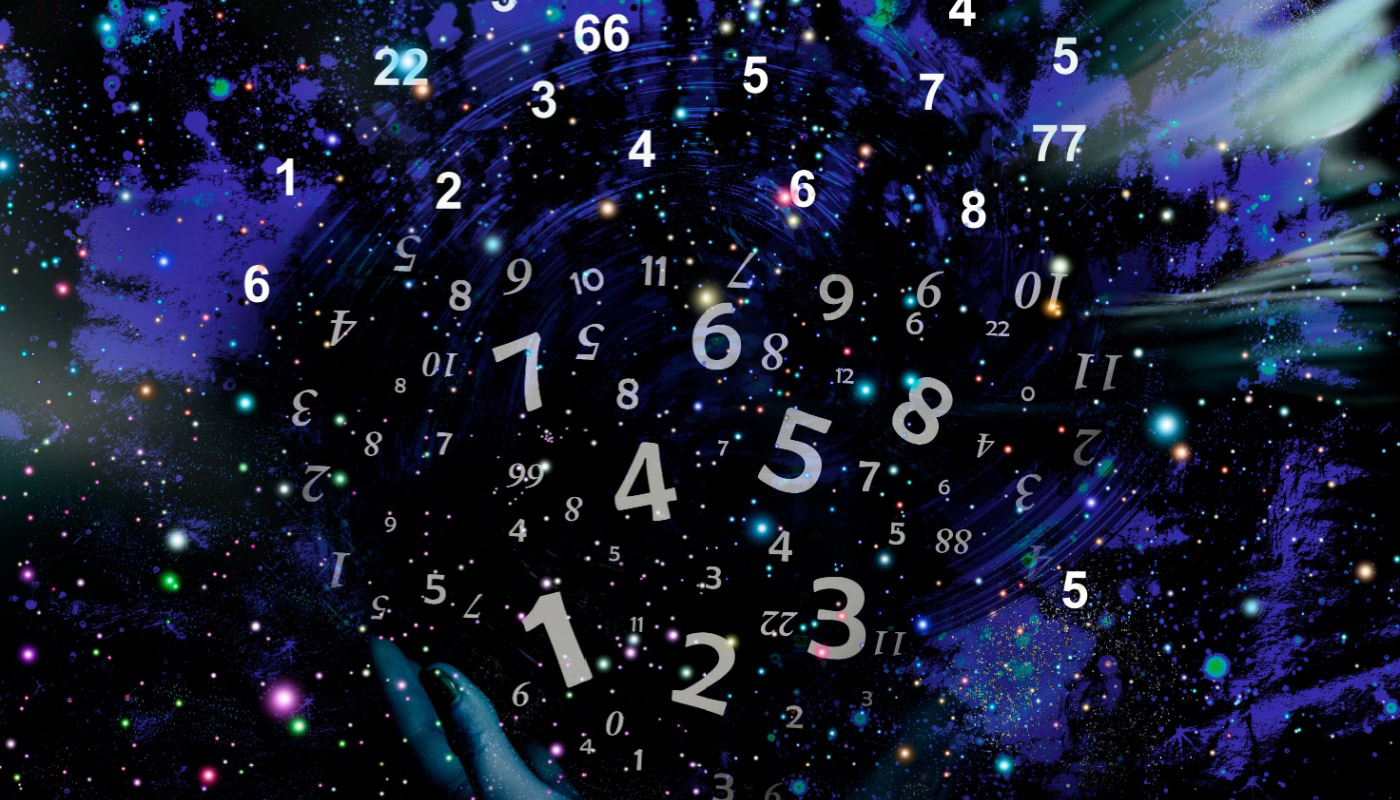
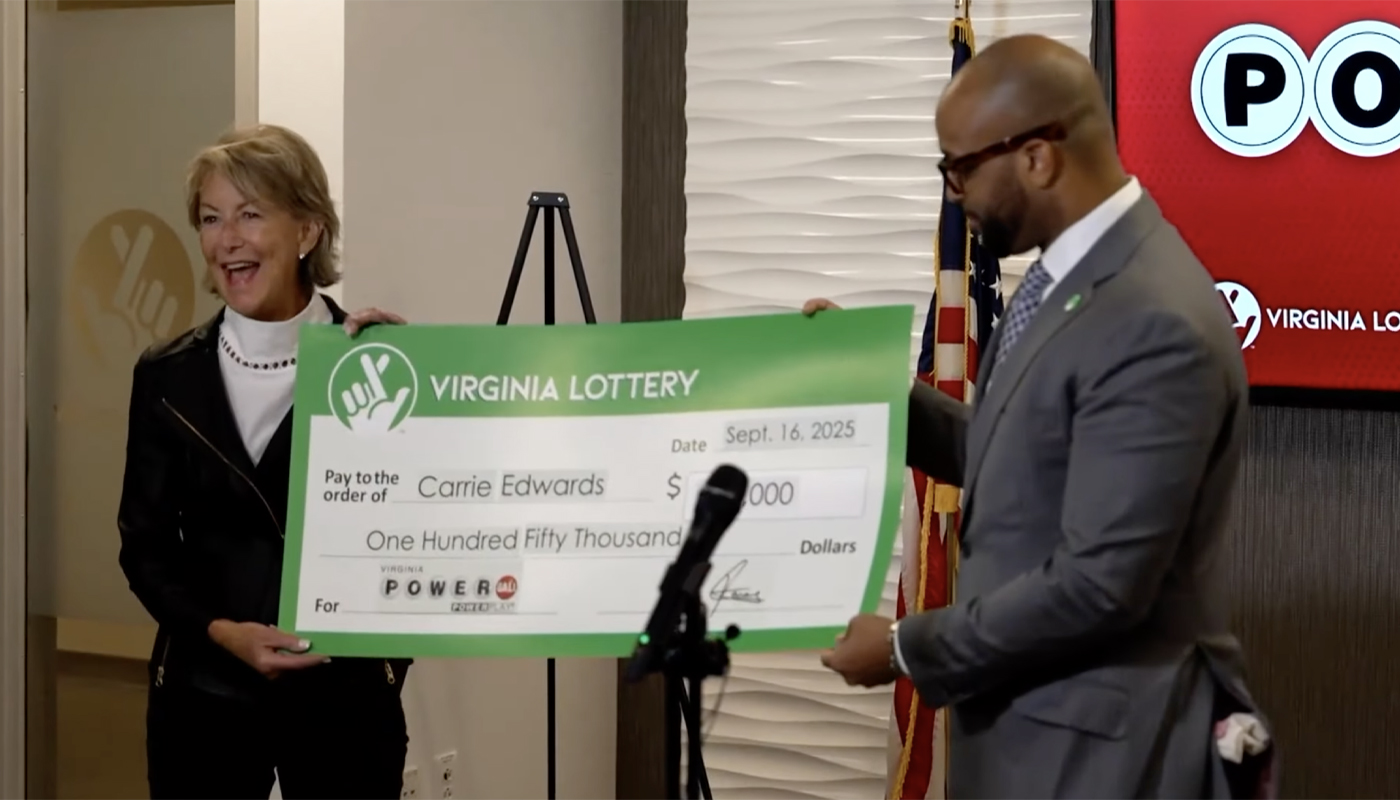








Comments